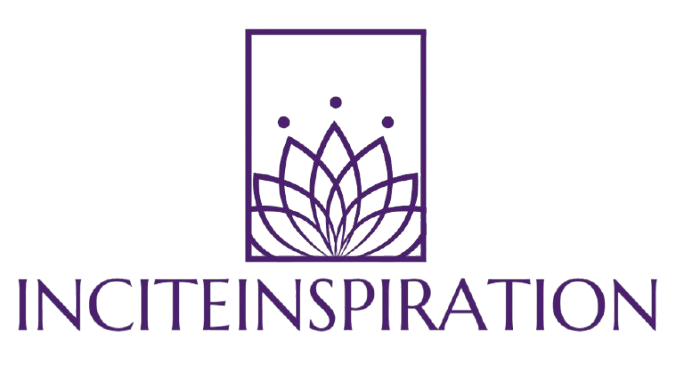Imagine being able to instantly connect with people, gain their trust, or even figure out exactly what they’re thinking—all without a single word spoken. This isn’t magic or mind-reading; it’s simply the art of understanding body language. Whether in personal relationships, professional settings, or casual encounters, body language plays a pivotal role in how we communicate and interact with others. But why exactly is body language so crucial, and how can you leverage it to your advantage? Let’s dive into the five key reasons body language is more powerful than you might think.
1. Body Language Is a Super Skill We All Can Learn
You don’t need superhuman abilities to master body language—it’s a skill anyone can develop. Think of it as your personal “superpower” that helps you understand and influence interactions. Just like any skill, reading body language can be learned and refined with practice. Anyone, from the shy introvert to the outgoing extrovert, can benefit from learning to read nonverbal cues.
Take it from high school memories, where a nervous glance or a subtle body shift told you far more about someone’s emotions than words ever could. Whether you’re trying to make a positive impression or navigate tricky social waters, understanding body language equips you to read between the lines and make your own body language work for you.
2. Nonverbals Speak Louder Than Words
We often hear that “93% of communication is nonverbal,” but this figure is a bit misleading. While no exact percentage can define the weight of body language in every interaction, we do know that nonverbal cues often convey more meaning than words. Whether it’s a smile, a subtle shift in posture, or the way someone avoids eye contact, these cues speak volumes about their true feelings.
Consider this exercise: Imagine telling someone “I love you” with no emotion, followed by saying the same words with joy, sadness, or anger. The words may stay the same, but the body language—how you say it—changes the entire meaning. This illustrates how body language can make or break the intent behind what we say, making it the most honest form of communication.
3. Develop a “Sixth Sense” for People
Once you understand body language, you develop a sort of “sixth sense” that allows you to perceive what others might be thinking or feeling, even when they don’t say a word. This is particularly useful in situations where words fall short—like when someone tells you they’re “fine,” but their body language suggests otherwise. For example, crossed arms, tense shoulders, or averted eyes often indicate discomfort or defensiveness, even if the person is verbally insisting everything is okay.
This skill can be particularly valuable in professional settings. Imagine negotiating with a colleague who is nodding and smiling but subtly shifting their gaze away from you—this could signal a lack of agreement or discomfort. By being attuned to these signals, you can adjust your approach and deepen your understanding of the situation, giving you a strategic edge in any interaction.
4. Master Your Relationships, Negotiations, and Career
Body language isn’t just for decoding others; it’s also a powerful tool for influencing and controlling your own interactions. In relationships—whether romantic, platonic, or professional—knowing how to use body language can help you come across as more confident, approachable, and engaged. A simple shift in posture, a steady gaze, or an open stance can make you more inviting and empathetic.
In negotiations, how you present yourself can have a huge impact. A confident posture—shoulders back, standing tall—can subtly communicate authority and competence. In contrast, slouching or avoiding eye contact can project uncertainty, potentially weakening your position. Similarly, in professional settings, mastering body language can help you navigate tricky office dynamics, manage conflicts, and build rapport with colleagues and clients.
5. Become the Most Powerful Person in the Room
Here’s the exciting part: once you understand and control your body language, you can become the most powerful person in the room. This doesn’t mean dominating others, but rather exuding confidence, control, and warmth, making people want to listen to you and engage with you.
Studies show that adopting power poses—like standing with your hands on your hips or leaning back in a chair—can boost your confidence and even alter the way others perceive you. This is due to the influence of mirror neurons, which cause your brain to reflect the posture and energy you project. When you carry yourself confidently, others will follow suit, and you’ll naturally take charge of the room.
How to Start Using Body Language to Your Advantage
Mastering body language doesn’t happen overnight, but small changes can have a big impact. Start by recording yourself during conversations and observing your body language. Are you closed off or open? Do you make eye contact or avoid it? From there, experiment with simple adjustments like standing taller, smiling more, or maintaining better posture.
Body language is more than just a tool for social success; it’s a gateway to understanding yourself and others on a deeper level. By becoming aware of both your own nonverbal cues and those of others, you can enhance every interaction, whether it’s a casual chat with a friend or a high-stakes business negotiation.
So, next time you’re about to enter a conversation or a meeting, remember: your body language has the power to speak volumes. With a little practice and awareness, you can harness this super skill to transform your personal and professional life.

